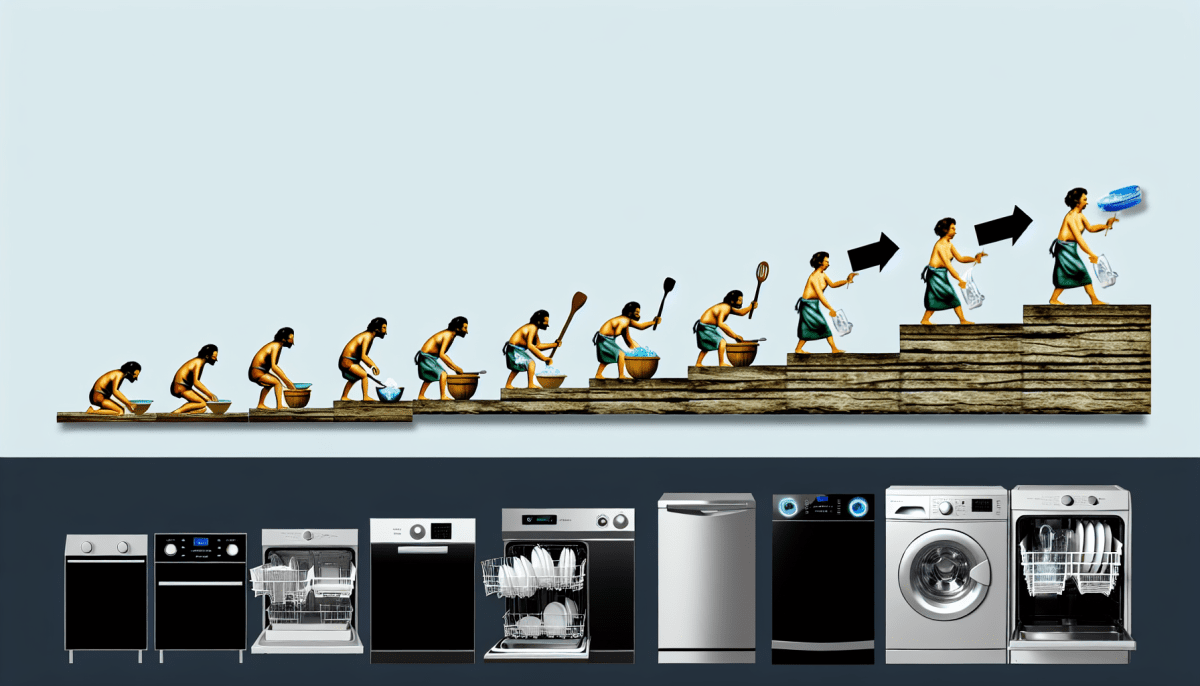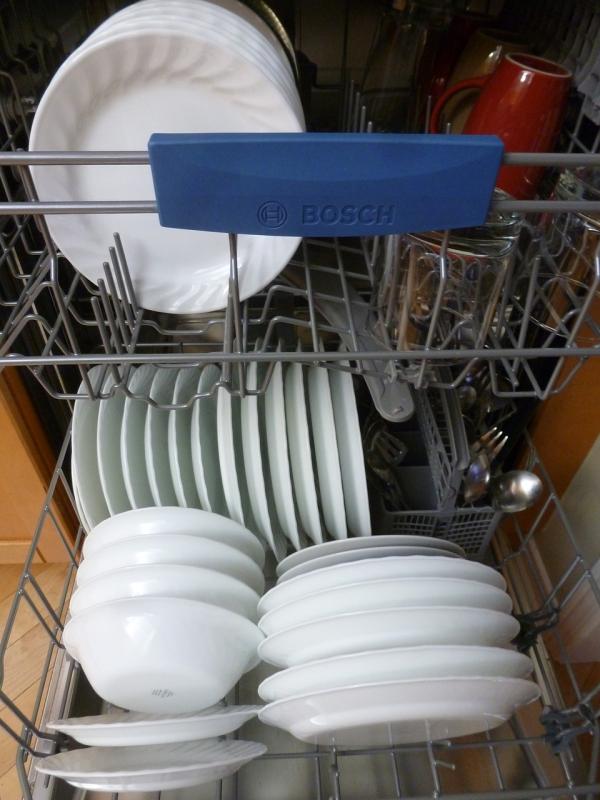As the demand for more efficient dishwashing methods grew, inventors began to experiment with different technologies. In the 19th century, hand-cranked machines were introduced that used hot water and soap to wash dishes. These early machines were a significant improvement over manual methods, but they were still bulky and impractical for everyday use.
It wasn't until the mid-20th century that the first electric dishwashers were commercially available. These early dishwashers were simple by today's standards, but they revolutionized the way people cleaned their dishes. With the push of a button, dishes could be washed, rinsed, and dried automatically, saving time and effort for busy households. The history of dishwashers is a testament to human ingenuity and our never-ending quest for convenience in the modern world.
Invention of the Automatic Dishwasher
The history of dishwashers dates back to the late 19th century, when the first automatic dishwasher was invented by Josephine Cochrane. Tired of her servants chipping her fine china, Cochrane took matters into her own hands and created a machine that would wash dishes efficiently and without breakage. Her invention, which she showcased at the 1893 World's Fair in Chicago, revolutionized the way dishes were cleaned.
Cochrane's dishwasher used high water pressure and a wheel mechanism to clean the dishes, paving the way for future innovations in dishwashing technology. Over the years, manufacturers continued to improve upon her design, adding heating elements, detergent dispensers, and multiple wash cycles to make dishwashing even more convenient.
Today, modern dishwashers are essential appliances in households around the world, saving time and energy for busy families and individuals. With advanced features like energy-saving modes, adjustable racks, and stainless steel interiors, dishwashers have come a long way since Cochrane's original invention. The history of dishwashers is a testament to human ingenuity and our constant drive to simplify and improve everyday tasks.
Modern Features and Technologies
In recent years, the history of dishwashers has seen a significant evolution with the introduction of cutting-edge features and technologies. Today's dishwashers are equipped with a range of innovative features designed to make the dishwashing process more efficient and convenient than ever before.
One of the most notable advancements in dishwasher technology is the development of smart dishwashers. These appliances are equipped with Wi-Fi connectivity, allowing users to control and monitor their dishwasher remotely through a smartphone app. This feature not only makes it easier to schedule wash cycles, but also enables users to receive notifications when a cycle is complete or when the dishwasher requires maintenance.
Another modern feature that has transformed the way we use dishwashers is the introduction of adjustable racks and shelves. These customizable storage options allow users to easily accommodate dishes of all shapes and sizes, making it easier to load and unload the dishwasher efficiently. Additionally, many dishwashers now come with specialized wash cycles for different types of dishes, such as delicate glassware or heavily soiled pots and pans, ensuring a thorough clean every time.
Furthermore, advancements in energy efficiency have also played a significant role in the evolution of dishwashers. Many modern models are designed to use less water and energy, making them more environmentally friendly and cost-effective to operate. Additionally, some dishwashers are equipped with sensors that detect the level of dirt and grime on dishes, adjusting the wash cycle accordingly to ensure optimal cleaning performance while conserving resources. Overall, the history of dishwashers continues to evolve as manufacturers strive to innovate and improve upon existing technologies to meet the needs of today's consumers.
Sustainability and Future Innovations
One of the key advancements in the history of dishwashers is the development of innovative technologies that make them more sustainable. For example, many modern dishwashers are equipped with sensors that detect the level of dirt on dishes and adjust the water and energy usage accordingly. This not only ensures a thorough clean but also helps conserve resources. Additionally, some dishwashers now offer specialized cycles designed to minimize water consumption, such as quick wash or eco mode. These features allow consumers to choose the most efficient setting based on their needs.
Looking ahead, the future of dishwashers is promising as manufacturers continue to push the boundaries of technology and sustainability. One exciting trend is the integration of smart technology, which allows users to control their dishwasher from their smartphone or tablet. This not only adds convenience but also enables more precise monitoring of energy and water usage. Furthermore, researchers are exploring new materials and processes that could further improve the efficiency and sustainability of dishwashers. By staying at the forefront of innovation, the history of dishwashers is sure to continue evolving to meet the needs of a changing world.



